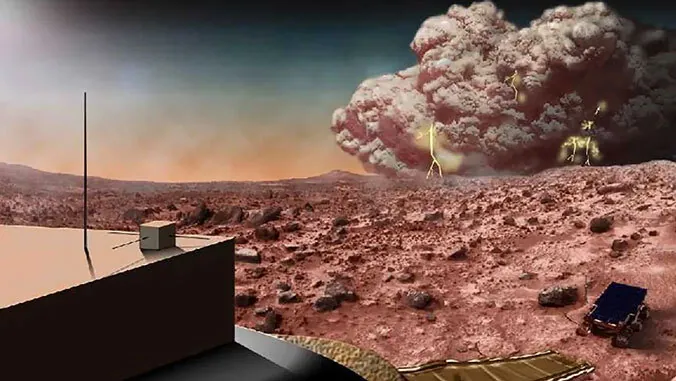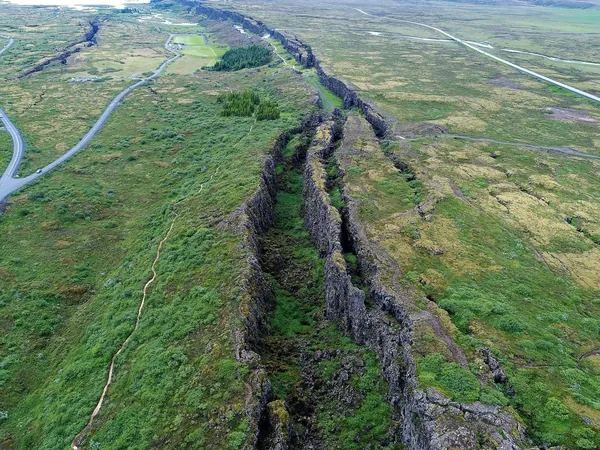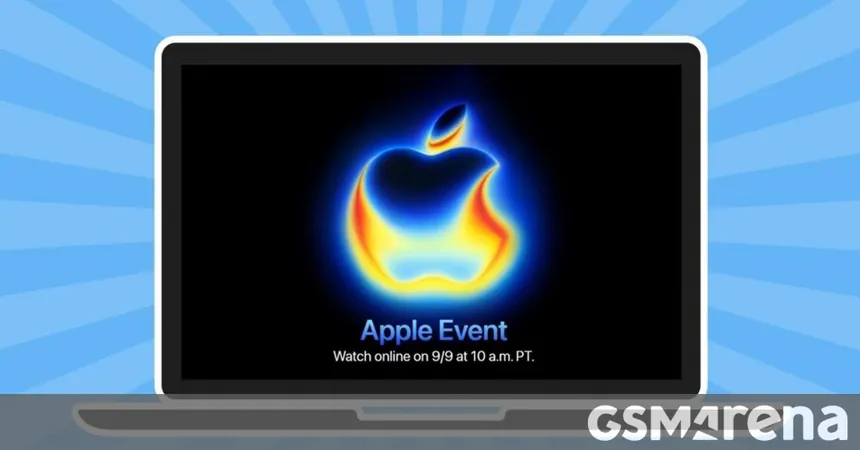
Revolutionary AI Tool Unveiled to Propel Geoscience Exploration
2025-08-18
Author: Noah
Discover the Future of Geoscience with Innovative AI!
Researchers at the University of Hawaiʻi at Mānoa have unveiled a groundbreaking artificial intelligence tool designed to transform the way scientists analyze complex geoscience data. This cutting-edge technology is capable of assessing everything from global sea level changes on Earth to atmospheric conditions on Mars, as highlighted in their recent publication in the Journal of Geophysical Research: Machine Learning and Computation.
Lead author Matthew Widlansky, who serves as the associate director of the UH Sea Level Center, explained, "We developed a prototype assistant that allows scientists to pose questions in plain language and receive everything from actionable code to publication-ready figures in just minutes! Our mission? To bridge the gap between intricate geophysical data and those eager to understand it."
Meet IDEA: Your New Geoscience Buddy!
Enter the Intelligent Data Exploring Assistant (IDEA), an innovative combination of OpenAI technology—similar to what powers ChatGPT—coupled with the extensive data archives from the UH Sea Level Center. Together with co-author and software engineer Nemanja Komar, the team has equipped IDEA with specialized instructions, creating a 'digital user manual' to simplify interpretation of sea level data.
When users ask questions, the AI crafts precise computer code, executed safely on a secure UH system, bringing unprecedented ease to data analysis.
Exploring New Horizons with the Station Explorer Assistant!
To showcase IDEA’s capabilities, researchers have introduced the Station Explorer Assistant (SEA), a dynamic application that illustrates how IDEA can help users analyze global sea level data effortlessly. With SEA, both scientists and students alike can explore coastal changes simply by asking direct questions.
Widlansky enthused, "Users don’t have to write a single line of code to track tide gauge data, evaluate sea level rise, or understand flooding patterns. This adaptability allows us to pivot from sea level examinations to analyzing Martian dust storms just by tweaking the input and data sources!"
AI: A Tool for Scientists, Not a Replacement!
Despite its power, the team warns that AI analyses can still err. Widlansky cautioned, "While SEA and IDEA-based applications streamline data interpretation, they can miscalculate trends. Human oversight remains crucial; we’re here to support scientists, not supplant them."
IDEA’s flexibility is a core feature, designed as an open-source, general-purpose framework adaptable for various research challenges—from ocean forecasting and land use changes to planetary science. While still in its prototype phase, the SOEST team has made SEA accessible online for scientists and students to experiment and provide feedback. Developers are encouraged to explore the IDEA framework on GitHub and adapt it for their unique data needs, contributing to an exciting collaborative effort to enhance its capabilities and expand its applications in the scientific realm.









 Brasil (PT)
Brasil (PT)
 Canada (EN)
Canada (EN)
 Chile (ES)
Chile (ES)
 Česko (CS)
Česko (CS)
 대한민국 (KO)
대한민국 (KO)
 España (ES)
España (ES)
 France (FR)
France (FR)
 Hong Kong (EN)
Hong Kong (EN)
 Italia (IT)
Italia (IT)
 日本 (JA)
日本 (JA)
 Magyarország (HU)
Magyarország (HU)
 Norge (NO)
Norge (NO)
 Polska (PL)
Polska (PL)
 Schweiz (DE)
Schweiz (DE)
 Singapore (EN)
Singapore (EN)
 Sverige (SV)
Sverige (SV)
 Suomi (FI)
Suomi (FI)
 Türkiye (TR)
Türkiye (TR)
 الإمارات العربية المتحدة (AR)
الإمارات العربية المتحدة (AR)